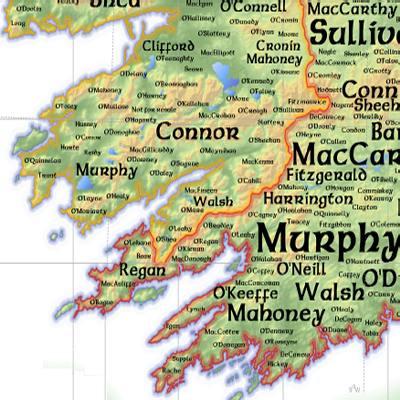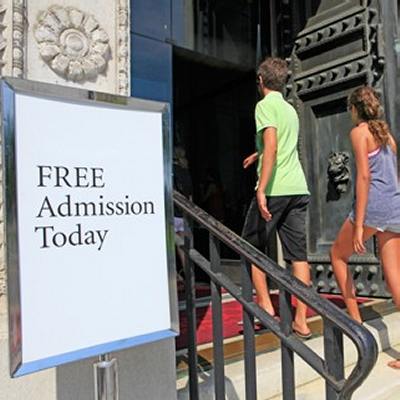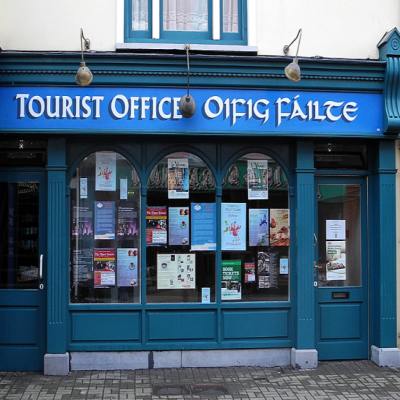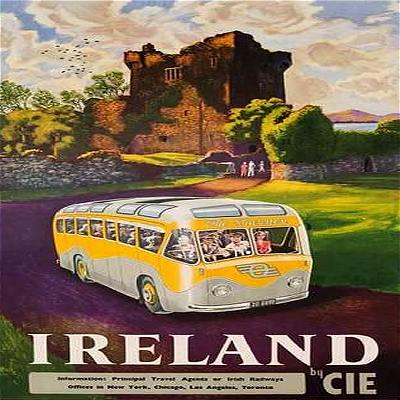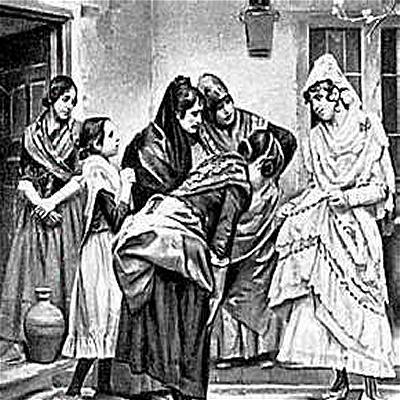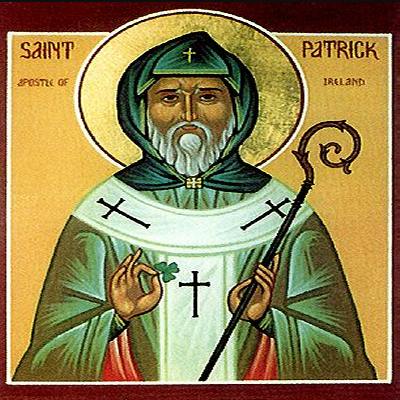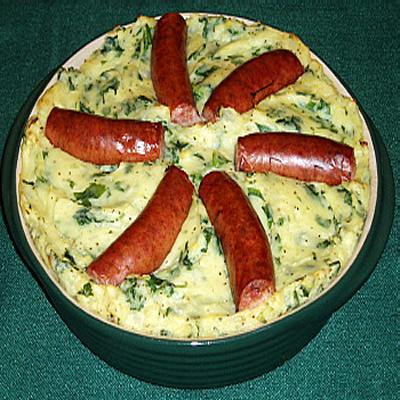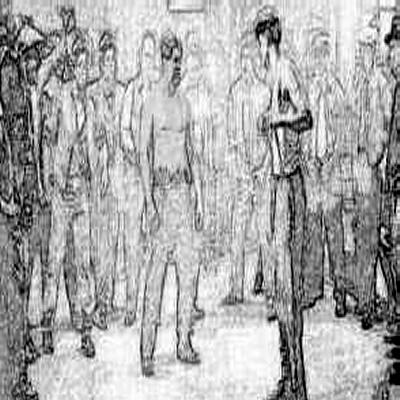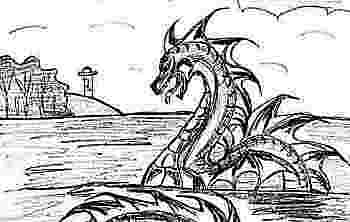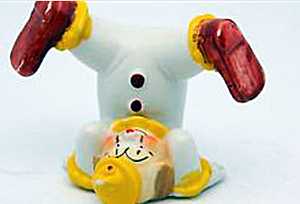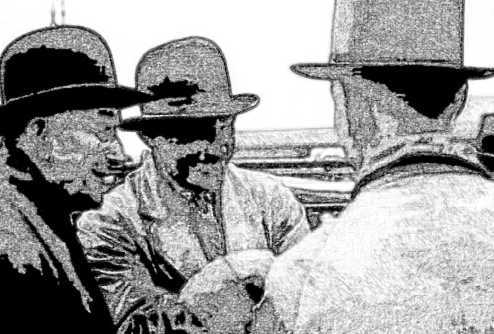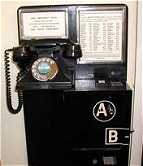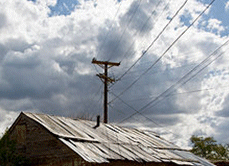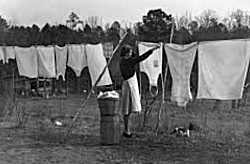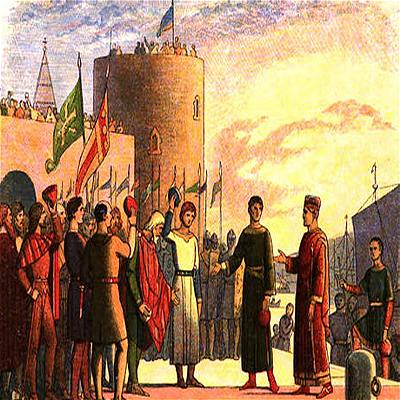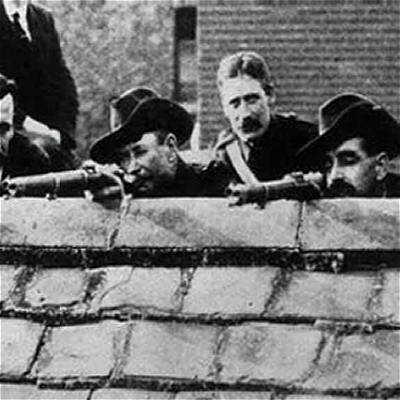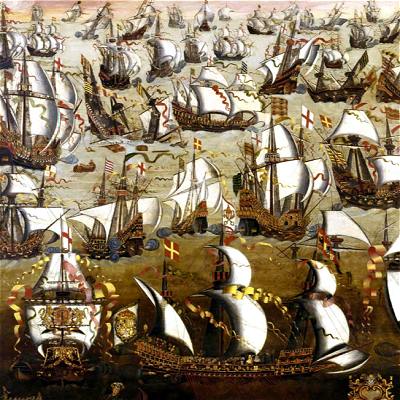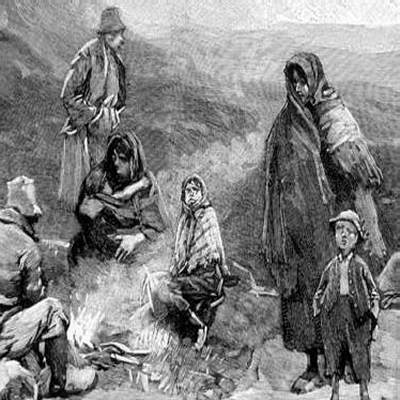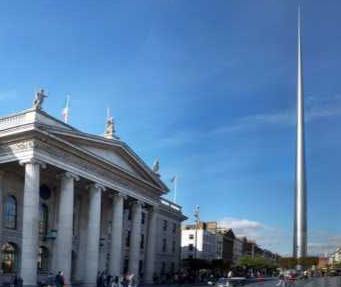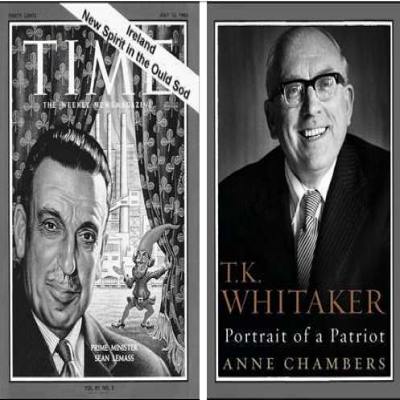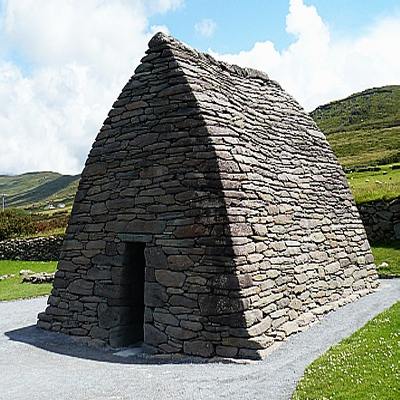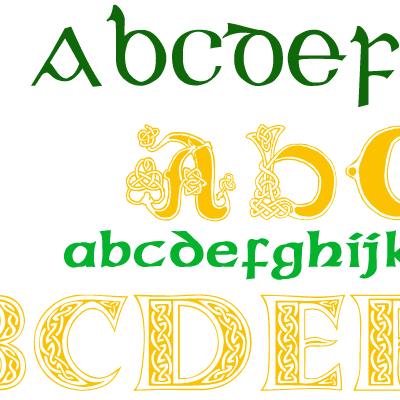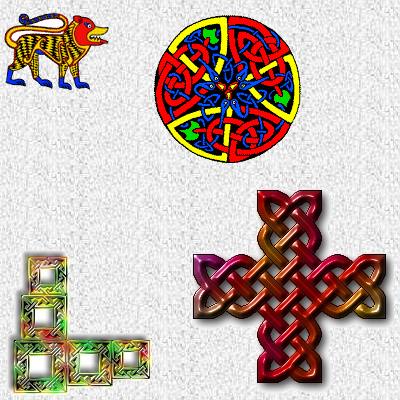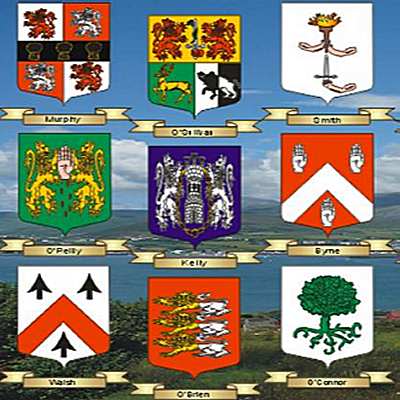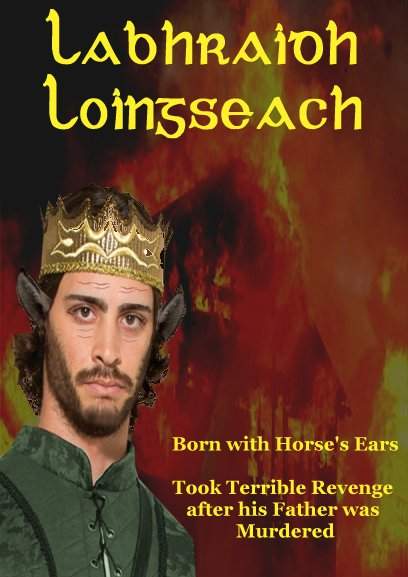
note: Labhraidh Loingseach is pronounced 'lao-ree linn-shock'.
Labhraidh Loingseach was a famous High King of Ireland and was the ancestor of the people of Laighin, from whom the Province of Leinster took its name. He was revered as a 'God among the Gods' in early poetry as is most remembered as the King who had horse's ears.
His grandfather was King Lóegaire Lorc who was treacherously killed by his brother Cobthach Cóel Breg, as was his own father Ailill Áine. Such was the incredible nature of the means of shaming in ancient Ireland that the young son who had survived was forced to eat a piece of his own father's and grandfather's hearts, and also to swallow a mouse!
Needless to say, the young child was traumatized by this treatment and became a mute instantly, known thereafter as 'Móen Ollom', meaning 'the mute scholar'. When older he was engaged in a game of hurling when he was injured. He cried out 'I am hurt' and from that time became known as 'Labhraid', meaning 'he speaks'.
The ancient 'Lebor Gabála' recalls that after being exiled for thrifty years Labhraidh Loingseach returned and took his revenge on Cobthach. After a bloody war he hatched a plan and invited Cobhtach to attend his newly built fort at Dind Ríg.
But this was no ordinary fort. It had been specially constructed from iron and had taken years to complete.
Cobthach was suspicious and insisted that Labhraidh's own mother should also enter the great building at the same time that he did, effectively as a hostage.
The trap was set and when the banquet had been consumed the iron fort was shackled with an enormous chain. Escape was impossible.
Piles of trees were stacked against the iron walls. Using 150 huge bellows the iron fort was set alight in a terrible all-consuming flame. Cobtach and all within perished, including Labhraidh's mother, who had implored her son to continue with the plan, sacrificing herself in order to take her own revenge on her husband's murderer.
Labhraidh Loingseach was now the High King of Ireland and became famed for his hospitality and wisdom.
But he still kept a close secret, one that could yet topple his reign. For a King to have any kind of physical impairment in ancient Ireland would surely exclude him from keeping his crown. Incredibly, under his mass of hair he possessed two large horse's ears!
Labhraidh was extremely careful to keep his secret. Every year he would summon a barber to cut and groom his hair and then that barber would be put to death. So it was that those of that profession lived in constant fear of being called to the Court, lest they too should suffer the purpose of a sword.
A widow whose only son was a barber was distraught to learn that her son had been ordered to visit to King for his annual haircut. She begged Labhraidh to spare her son and he was so moved by her impassioned pleas that he agreed that her son would be spared, on strict condition that he kept the royal secret forever.
The deal was struck and the young man carried out his duties, overcame his amazement at finding horse's ears growing from the royal head and gratefully left for home once his duty had been done.
But this was a terrible burden to bear. The young man was deeply troubled by what he had learned and yearned to be free of his obligation. Such was his distress that he fell very ill. A Druid was summoned.
The Druid advised him to go out into a forest, and to find a fine tree and to utter his secret in its fullness to the tree, at which moment he would recover.
If there is one thing Druid's know abut then it is trees so the barber arrived at a forest, selected a fine Willow tree and revealed his amazing tale in that quiet place.
Instantly he felt better. The weight pressing down on his entire body was lifted, his mind cleared and the foggy haze that had clouded his brain was lifted. He gleefully returned home to his mother.
Soon after this time the Harper at the court of King Labhraidh, named Craiftine, was in need of a new Harp. He traveled though every nearby forest until he finally found a tree suitable for his purpose. He had found the same Willow the young barber had told his tale to and from it took a perfect piece of wood he needed.
Over the weeks and months that followed he fashioned the wood into the precise shape he required. Polishing the beautiful Willow again and again he finally affixed the strings to complete the Harp, completing the beautiful instrument in time for a banquet to be held at the Court.
The King summoned Craiftine and ordered him to play. He did as instructed and soon the beautiful musical notes filled the chamber. But there was more than just music emanating from the Harp. There was a repeated phrase being uttered. An incredible and unmistakable chant over and over again:
'Labraid Loingseach has horse's ears. Labraid Loingseach has horse's ears. Labraid Loingseach has horse's ears.'
The Court was dumbstuck. There was silence in anticipation of the Kings response. Craiftine feared the worst, certain that he would be put to death for such an insult.
But even High Kings are mortal, and occasionally humble.
The guilt of murdering a succession of barbers in order to conceal his own secret had weighed heavily on Labhraidh. He parted his hair to reveal the truth. That he did indeed have horses ears! And just as the young barber he had spared was freed from his burden so too was the High King of Ireland freed from his terrible guilt and shame.
He waited for the ridicule and for the laughter to begin. But to his amazement the assembled crowd in the court neither laughed nor jeered. Instead they stood dumbstruck in observance of their King, who was now all the more amazing to them for the fact that he bore horse's ears!
From that time on Labhraidh Loingseach wore his ears in full view. By revealing his true self he had instantly felt better and swore that he would never again repeat his mistake.
And from that time on the barbers of the kingdom could sleep a lot easier. No longer were they afraid of the King with horse's ears.

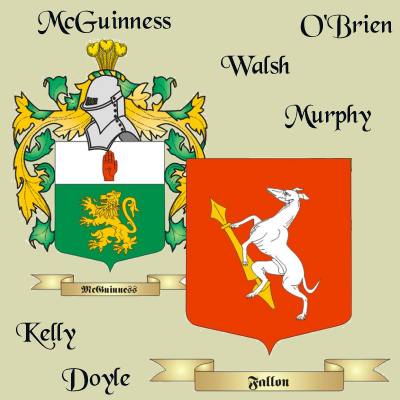 Your Family Crest
Your Family Crest
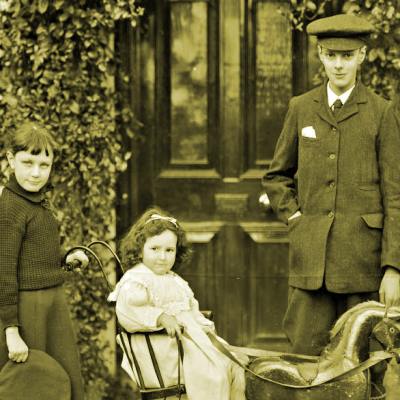 Irish Roots Search
Irish Roots Search